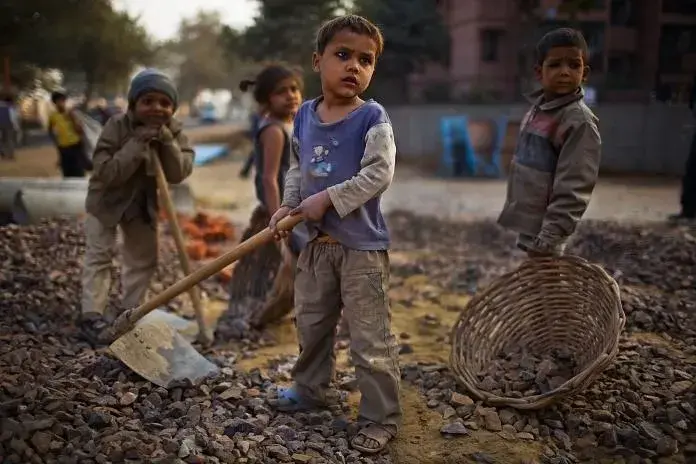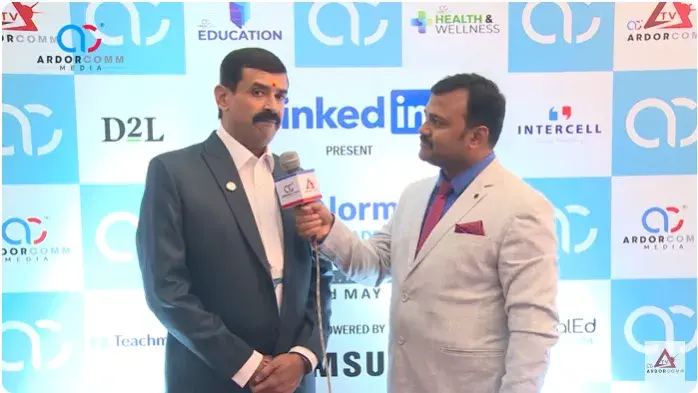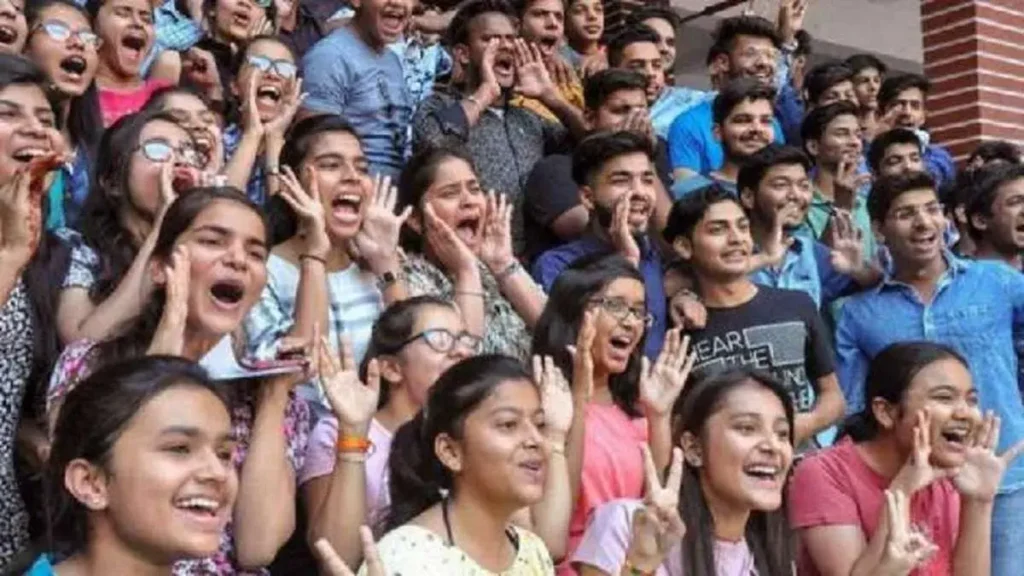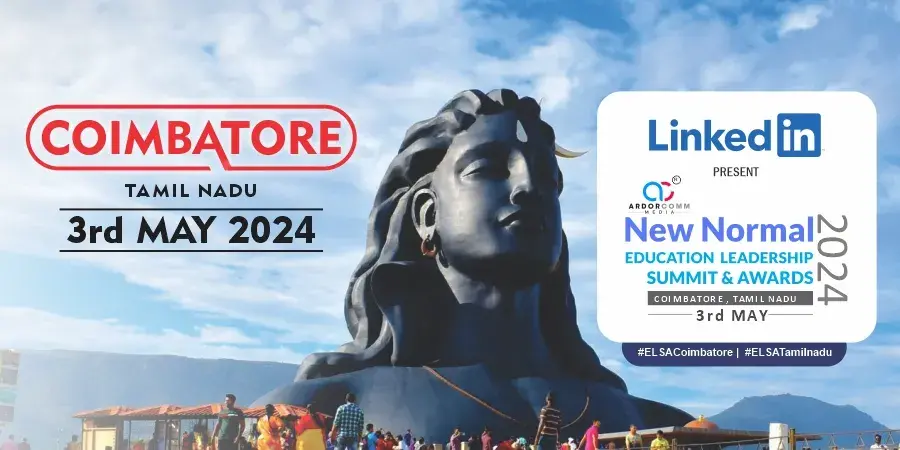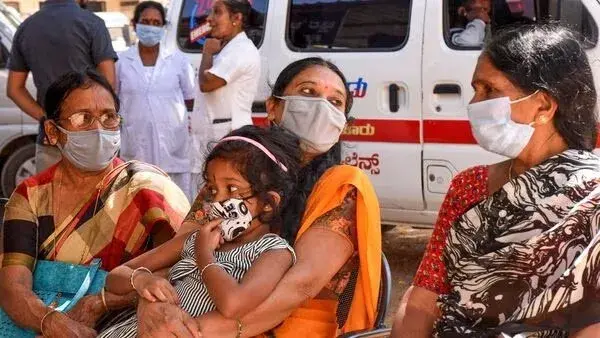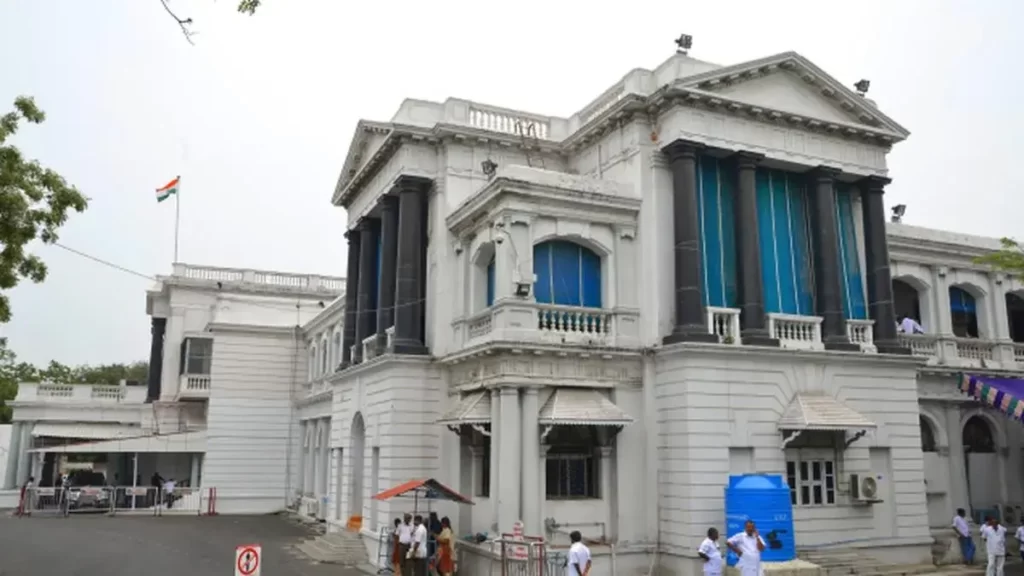As the world navigates through unprecedented times, the landscape of education has been transformed dramatically. Now, more than ever, the need for innovation, adaptability, and collaboration in the education sector is paramount. In the heart of South India, the vibrant city of Coimbatore is set to host the 11th New Normal Education Leadership Summit & Awards 2024, organized by ArdorComm Media Group. Scheduled for the 3rd of May, this event promises to be a beacon of inspiration, bringing together the brightest minds in academia, industry, and technology to explore the theme: “New Normal Tamil Nadu: Pioneering Education, Skilling, and Employability in the 21st Century Workplace.” Embracing the New Normal in Education Tamil Nadu stands tall as a premier hub for education and skilling initiatives in India. With its progressive policies and diverse array of academic institutions, the state has fostered a culture of innovation and critical thinking. Coimbatore, known for its premier educational institutions and excellent quality of education, serves as the perfect backdrop for this prestigious event. Knowledge Forum: A Platform for Growth The Knowledge Forum at the summit will serve as a melting pot of ideas, insights, and experiences. Academicians, educators, edupreneurs, innovators, and industry experts will converge to share their expertise and accomplishments, all with the aim of driving sustainable growth for the education community. With over 50 speakers, representing a diverse range of perspectives, the forum promises to be intellectually stimulating and enriching. Key Discussion Points The summit will delve into critical topics shaping the future of education, including: Innovation in Teaching and Learning: Leveraging technology and innovative teaching methods to enhance student engagement and outcomes. Skills for the Future Workforce: Strategies for integrating employability skills and career readiness into educational programs. Sustainable Education Practices: Integrating sustainability education into the curriculum to foster responsible citizenship. Digital Literacy and Cybersecurity in Education: Building digital literacy skills among educators and students to navigate the digital landscape safely and responsibly. Global Collaboration and Partnerships in Education: Harnessing the power of international collaboration and partnerships to enrich teaching and learning experiences. ArdorComm Education Leadership Awards 2024 The summit will also shine a spotlight on exemplary contributions and innovative initiatives in the education sector through the ArdorComm Education Leadership Awards 2024. This prestigious accolade will honor educators, institutions, edtech pioneers, and startups that have demonstrated exceptional dedication and innovation in advancing education. The awards aim to recognize those who have tirelessly worked towards enhancing teaching, learning, and employability outcomes, shaping a brighter future for learners worldwide. Nominations and Selection Process ArdorComm invites nominations across six segments, including Higher Education, School Education, Preschools, Skills & Training, Corporate, and Startup. The selection process will adhere to strict terms and conditions to ensure fairness and transparency, with each category aiming to celebrate excellence and outstanding accomplishment in the education sector. Join Us in Shaping the Future of Education The 11th New Normal Education Leadership Summit & Awards 2024 is not just an event; it’s a call to action. It’s an opportunity for educators, innovators, and industry leaders to come together, share their insights, and inspire change. By collaborating and innovating, we can pioneer a new era of education in Tamil Nadu and beyond. Mark your calendars for the 3rd of May and join us in Coimbatore as we embark on a journey to shape the future of education—one idea, one innovation at a time. Together, let’s pave the way for a brighter tomorrow, where every learner has the opportunity to thrive and succeed in the dynamic 21st-century landscape. For more information and registration details, visit https://ardorcomm-media.com/elsacoimbatore/. Let’s make history together at the 11th New Normal Education Leadership Summit & Awards 2024.

